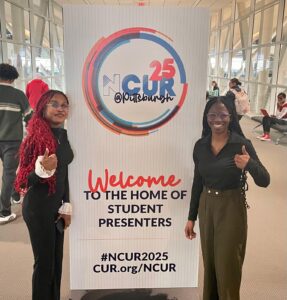The History Behind The Semicolon

In literature, the semicolon is used to separate two sentences that are closely related to each other. Its meaning, however, has evolved greatly for people in modern-day society. The semicolon tattoo was popularized by a woman named Amy Bleuel. Bluel shared with the world her struggle with depression, substance abuse, losing her father to suicide, as well as her history of being sexually assaulted. She stated that she wanted something to commemorate her survival.
Bleuel founded ‘Project Semi Colon’ in 2013. She released a book titled ‘Project Semi Colon; Your Story Isn’t Over”. On the back of the book, it states “A Semicolon is a symbol of choosing to continue your story rather than end it. (…) No one is struggling with mental illness alone”. The book tells stories from people of all ages talking about their mental health struggles and what they have endured. Bleuel spent her entire life advocating for mental health. She wanted everyone to know that they were not alone in their struggle. Bleuel died on March 23, in 2017. However, ‘Project Semi Colon’ lives on.
According to Dictionary.com, a tattoo of a semicolon is used as a message of solidarity with others who have dealt with suicide, depression, addiction, and other mental health struggles. The Grammarly Blog also states that “a semicolon is used when an author could’ve chosen to end their sentence but choose not to. The author is you, and the sentence is your life.”
Suicide is the third leading cause of death for teens and young adults in the United States. 25.5 % of young adults aged 18-25 have reported seriously considering suicide in the past month, the Jed Foundation stated. These statistics have been shown to increase yearly. Suicide Awareness month is from September 1st to September 30th. It is meant to bring awareness to the rising statistics and the ongoing mental health struggle that so many people go through.
As college students, we are at a greater risk for these struggles. It is important that people who have had these thoughts reach out for help. Here at Dakota State University, there is a counseling center where students can attend free therapy. It is in the learning engagement center and students can schedule appointments through Trojan Connect. Students can call or text the national crisis number, 988; or call or text the suicide hotline 1-800-273-8255, although it is important to note that the suicide hotline is currently merging with 988.
There is help available for anyone who is willing to seek it out, and an entire group of people, survivors, who have chosen to continue their stories. That is what it means to have a semicolon, to survive and to make the conscious choice to continue their stories.



